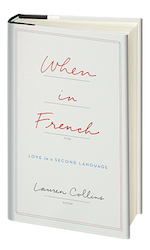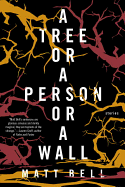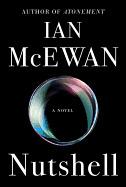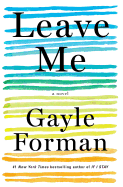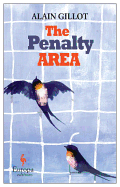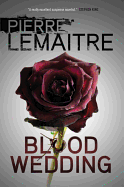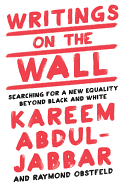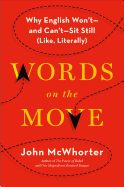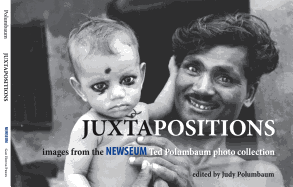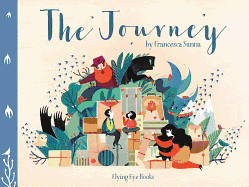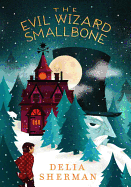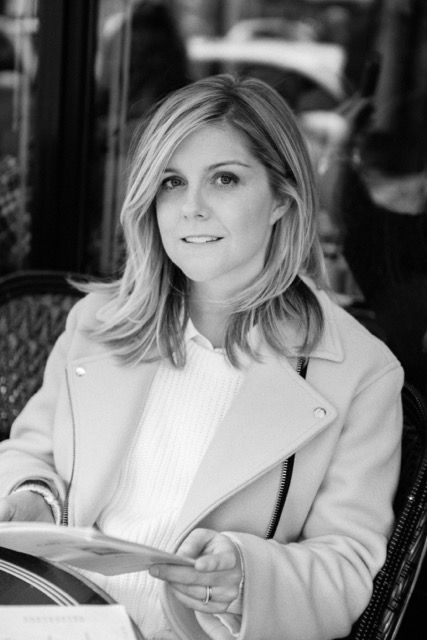 |
| photo: Philip Andelman |
Lauren Collins began working at the New Yorker in 2003 and became a staff writer in 2008. Her subjects have included Michelle Obama, Donatella Versace, the graffiti artist Banksy, and the chef April Bloomfield. Since 2010, she has been based in Europe, covering stories from London, Paris, Copenhagen and beyond. Her memoir, When in French: Love in a Second Language, was just published by Penguin Press.
When in French is structured around grammatical tenses: past perfect, imperfect, conditional, subjunctive. How did you decide to structure it that way?
It was kind of a happy accident. For me, structure is always the hardest part of writing. It's at least half the battle.
I was thinking about the story I wanted to tell, and looking for an overarching way to organize everything. I would say to myself, "Today I'm going to work on my book." But there on the side of my desk were all my French textbooks. I was still in the thick of it, trying to acquire more of this new language. And I also knew that the fun and interesting part of writing for me usually begins once the structure is in place. I need a roadmap.
I wanted to tell the story of how I met Olivier, but also how our relationship was perhaps unlikely, given some of the circumstances of my upbringing. And certain parts of the story I wanted to tell had a distinct timestamp on them: my childhood, my move to London, my life in Geneva with Olivier. It was a relief in some ways to arrive at this structure: there's no argument, when you're describing an incident in French, about which tense it belongs in. So having this cut-and-dried structure in place freed me up to play and experiment a bit with the writing.
The story begins in Geneva, when you've just arrived and are feeling disoriented and depressed.
Geneva was the perfect laboratory for some of the questions I was asking about language and culture, about how those threads overlap and how you might try to separate them out. I met Olivier when I was living in London, and he moved to Geneva before I did. I was really miserable [after moving] there, and was convinced that Geneva itself was to blame. But Olivier had a longstanding hypothesis that it was about the language. He pointed out that Geneva was the first place I'd lived that was outside of my native language. Suddenly, I couldn't make myself understood, and I couldn't understand anything.
We've moved to France now, and my French-language skills are much better. I'm much happier in Paris, but it wasn't just the language difficulty. I wasn't cut out for Geneva and it wasn't cut out for me. But Geneva was where I was living when I wrote the book, so I started the story in medias res. The typical American-expat-abroad story begins with the starry-eyed arrival, and then disenchantment sets in. I wanted to write a different kind of story--a slightly more dystopian version.
You encounter a chimneysweep in the first chapter and have no idea how to talk to him or what he's doing there.
Yes! It's a double layer of frustration, the inability to speak a language and also the disorientation of dealing with something you've never dealt with in your life. I'd never encountered a chimneysweep in London or North Carolina. And, though I didn't get into it in the book, there is an elaborate system of chimney-sweeping precincts in Geneva. I had no clue about any of it. So it was an unbelievably disorienting experience.
The first section of the book is the past perfect tense, though, and that's the beauty of it: you know something is coming after it. I hadn't wanted to live in Geneva, and I wasn't happy there. But you, as the reader, know that something comes next. I wanted to start out with a little disenchantment and move toward happiness and contentment.
You say in the book, when you're taking a French class and wrestling with everyday phrases, that "the fantasy of the foreigner is a life more banal." (Even if it doesn't necessarily involve chimneysweeps.)
Yes! It can be exhausting to have to gear yourself up for every single interaction or task in a totally unfamiliar language. In a sense, everyday life starts to seem like combat. You have to psych yourself up and put on your armor to deal with it. That's why these banalities take on outsized proportions in the life of a foreigner. They become much more difficult and also much more interesting. There's a great potential to learn something new with every interaction.
The cornerstone of this book is a line from George Steiner about how you translate between languages, but you can also translate inside them. Anyone who ventures outside the bosom of their childhood language or hometown is going through some of that work. I think of the idea of translation that way--trying to negotiate difference.
The impetus for learning French was not only navigating a new culture, but learning to communicate with your husband in his native tongue.
A romantic relationship between people who speak two different languages is like an exaggerated case study. It takes what happens between two people in any relationship and magnifies it.
When you're in any kind of relationship, you often have to translate everything into the language of a different gender, religion, regional dialect, political mindset, or other category. When you meet someone and are getting to know them, you're feeling each other out. You're trying each other's sensibilities on for size. Eventually, especially in a romantic relationship, your private dictionaries start to overlap. When you're in a bilingual relationship, you know you're in for a certain amount of work, and that increases with every category of difference.
The great payoff of learning French is striking out one of those categories. Olivier and I still have our differences of opinion and perception, but at least now we can communicate them a little bit better. The simple fact of being different from one another--a man and a woman, or an atheist and a believer, or an artist and a scientist--creates these gaps that you're kind of yelling across. Being able to close one of them, or to make the distance shorter, has been huge progress. Basically, my recipe for long-lasting love is that everyone should think of their significant other as a French person!
At times, you step back from your personal story to talk about the history of monolingualism in the U.S., the neuroscience behind language acquisition, the relationship between the U.S. and France--all these fascinating asides. How did you decide to weave them in?
Maybe it's my journalistic instinct at play, but I wanted to give some context to this very personal story. My experience of a new language and culture was the thing that was lighting me up intellectually and emotionally. My synapses were firing and I was stumbling across all these different things about words in different languages, monolingualism in the U.S., how language and culture are intertwined. I thought they gave some ballast to my personal narrative.
When in French is coming out at a moment when there's widespread fear and distrust of "the other" in our world.
I see this very strange disconnect. On the one hand, there are more bilingual, biracial, bi-national, bicultural couples and families than there have ever been. Everyone seems happy about that increase of choices and freedom. And yet there's also rising xenophobia and nationalism in the world. I don't know what it all adds up to, but it definitely makes for a very interesting tension. So many people are "mixed" in some way, and we are having to reckon with that.
I think this mixture, this globalization of not only the world but our families, is a palpable phenomenon of our moment and our generation. It's something that's very different from our parents' generation, at least in my case. And I'm happy with the faraway trajectory my life has taken, but I'm not an evangelist at all for expatriation.
There's a moment near the end of the book where I run into a childhood acquaintance on a beach near my family's home, and I watch her giving her kids essentially the same kind of childhood that she had. And part of me wondered what I was missing, since I had left. I know the rewards of leaving, of exploring. But what do you get if you stay? That's also a way to build a worthwhile life. --Katie Noah Gibson
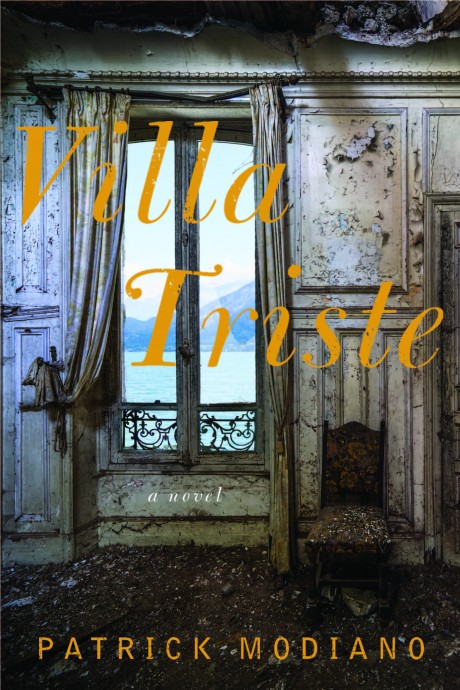 Recently, a spate of fantastic translations have found their way to American bookshelves. New York City's Other Press brings us Patrick Modiano and Michèle Halberstadt; New York Review Books Classics publishes Teffi and Jean-Paul Clébert; and San Francisco's Two Lines Press specializes in foreign works by the likes of Emmanuelle Pagano, Lidija Dimkovska and João Gilberto Noll. New Directions' collected stories of Clarice Lispector sits, monument-like, on my bedside table, a permanent, Portuguese fixture.
Recently, a spate of fantastic translations have found their way to American bookshelves. New York City's Other Press brings us Patrick Modiano and Michèle Halberstadt; New York Review Books Classics publishes Teffi and Jean-Paul Clébert; and San Francisco's Two Lines Press specializes in foreign works by the likes of Emmanuelle Pagano, Lidija Dimkovska and João Gilberto Noll. New Directions' collected stories of Clarice Lispector sits, monument-like, on my bedside table, a permanent, Portuguese fixture.


